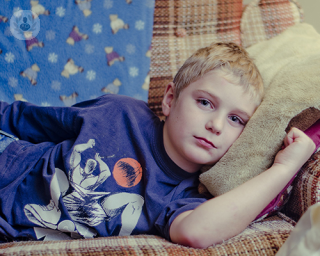Allergies at Christmas: Hidden risks over the festive period
Christmas is a time for celebration, family gatherings and festive meals. Many families will also be travelling to family and friends or even further away on holidays, all representing new environments which may be associated with an increased risk of allergic symptoms and reactions. Understanding the types of allergies that may be more prevalent during this time can help individuals manage their symptoms and enjoy the holidays to the fullest.
















